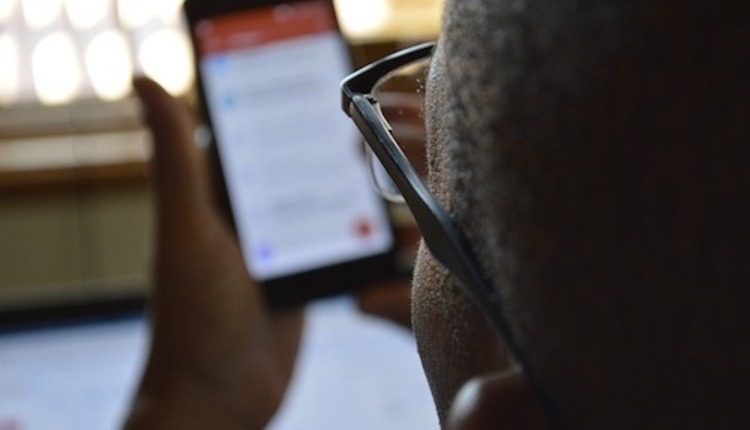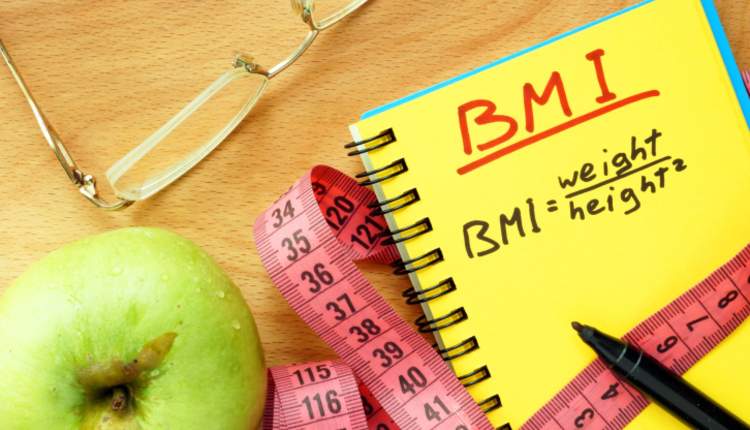
Over the past many years there has been an increased focus and excitement about fitness and exercise. As with most trends, there is also a darker side. Not surprisingly, the emergence of things like "Fitspo" seem to mirror the dangerous and destructive "Thinspo" that media watchdogs have been trying to put an end to for decades. This is not to say that all "Fitspo"-type media is damaging, but fitness professionals must be aware of the dangerous relationships that many men and women do have with fitness.
Exercise is an amazing way to boost mental and physical health but for some, it can become a dark abyss of obsessiveness. Excessive exercise frequently goes hand in hand with eating disorders.
• Studies estimate that up to 42% of typical gym-goers struggle with an unhealthy relationship with exercise.
• McLean Hospital estimates that 90-95% of college men and women diagnosed with an eating disorder belong to a gym.
• Eating disorders have the highest mortality rate of any mental illness, including depression.
• 25 million American women suffer from eating disorders.
• 1/3 of all reported cases are male.
• 90% of all women ages 15-64 worldwide want to change at least one aspect of their physical appearance, with body weight ranking the highest.
• 42% of 1st – 3rd grade girls want to be thinner and 51% of 9-10 year old girls feel better about themselves when they are dieting.
• 45% of boys are unhappy with their bodies.
• Nearly 1/3 of teenage boys engage in unhealthy and dangerous behaviors to control the weight and the size of their body, such as skipping meals, refusing to eat, smoking cigarettes, vomiting and taking laxatives.
A 2008 study involving fitness professionals revealed that 100% of the participants believed they would benefit from further education and guidelines for identifying and addressing eating disorders. It is critical that fitness professionals are educated about both eating disorders and excessive exercise. While it is not within their scope of practice to diagnose, it is well within their scope of practice to identify the signs and symptoms of someone who may be struggling.
Signs and symptoms of an eating disorder include:
• Significant amount of weight loss or gain
• Distorted body image (seeing oneself as fat even when emaciated)
• Obsession and preoccupation with food and weight
• Intense fear of gaining weight
• Isolation and fear of eating with and around others
• Lying about food
• Mood swings
• Perfectionism
• Depression
• Low self-esteem
• Poor sleeping habits
• Dizziness and/or headaches
• Heart tremors
• Broken bones
• Bruising
• Irregular menstrual cycle (in women)
Excessive exercise is exercise that ‘significantly interferes with important activities, occurs at inappropriate times or in inappropriate settings, or when the individual continues to exercise despite injury or other medical complications.’ (DSM-IV-TR)
Signs and symptoms of excessive exercise include:
• Overtraining - “I don’t care if it’s a good run, I just have to run x”
• Exercise at any/all cost - “I don’t care about the consequences, I have to work out”
• Feeling guilty when missing a workout
• Withdraws from friends
• Mind/body disconnect
• Dizziness
• Fatigue
• Reduction in performance
• Decreased concentration
• Loss of emotional vigor
• Tearfulness
Fitness professionals have a unique opportunity to address these issues with their clients and, perhaps, be the guide that can help someone find the help they need. Some worry that the identification of an eating disorder means that they can no longer be a gym member and/or client. While this may be necessary for some, for most it would mean being in touch with their treatment providers to work together to develop a fitness program that facilitates health and balance.
The issue of eating disorders, including excessive exercise, is a ubiquitous one. It is essential that fitness facilitates and fitness professionals get additional training/education on this topic so that they feel equipped and confident in their abilities to address concerns with members and clients. It is possible to address this issue both sensitively and effectively, and likely save some lives!
Jodi Rubin, ACSW, LCSW, CEDS is a Certified Eating Disorder Specialist who works with individuals, families, and groups in her private therapy practice in Manhattan. She created Destructively Fit™, a training program for fitness professionals that addresses eating disorders within the fitness industry. She created the curriculum on eating disorders for the Graduate School of Social Work at New York University.













